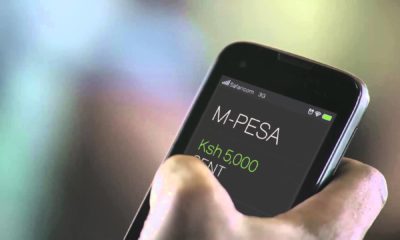In a bid to bolster housing delivery efficiency and enhance affordable mortgage financing for Nigerians, the Federal Mortgage Bank of Nigeria (FMBN) is gearing up for commercialization.
This move comes as part of the Nigerian government’s efforts to address the housing deficit and ensure adequate shelter for its citizens.
The Managing Director of FMBN, Shehu Osidi, made this announcement during a courtesy visit by the Federal Housing Delivery Reforms Task Team at the bank’s headquarters in Abuja.
Led by Mr. Adedeji Adesemoye and Brig. Gen. Tunde Reis, the task team discussed strategies to revitalize the housing sector, with a focus on FMBN’s pivotal role in providing affordable mortgage financing.
Osidi explained the bank’s commitment to supporting the government’s agenda of reforming and improving the housing sector, which is vital for sustainable development and enhancing citizens’ quality of life.
He underscored FMBN’s significant journey in the history of mortgage and housing finance in Nigeria and expressed optimism about the forthcoming commercialization process.
The commercialization plan involves repositioning and recapitalization efforts, following extensive engagements with the Bureau of Public Enterprise (BPE).
Osidi stressed the importance of aligning the bank’s operations with its mandate of affordable mortgage financing, ensuring that it remains a reliable partner in the quest for accessible housing solutions.
As part of its strategic blueprint, FMBN has prioritized various initiatives to enhance service delivery and operational efficiency.
Of note is the ICT project aimed at upgrading core banking applications that is almost complete and promised to revolutionize customers’ experience.
Also, amendments to the FMBN and NFH Acts are underway in the National Assembly, addressing key areas to facilitate the bank’s transformation.
Despite challenges, including performance issues with estate development loans, FMBN is determined to overcome obstacles and achieve its objectives.
The commercialization plan aligns with broader efforts to deepen reforms and foster a remarkable turnaround in the housing sector.
By focusing on process automation, cost efficiency, credit quality enhancement, and strategic partnerships, FMBN aims to catalyze sustainable growth and address the nation’s housing needs effectively.
Chairman of the Federal Housing Reforms Task Team, Adedeji Adesomoye, reiterated the committee’s mandate to review the operations and governance structures of key housing institutions.
With ambitious targets set by the government, including the construction of 20,000 housing units in 2024 and 50,000 units in subsequent years, the commercialization of FMBN marks a pivotal step towards realizing Nigeria’s housing aspirations.
As the commercialization process unfolds, FMBN stands poised to play a central role in facilitating access to affordable mortgage financing, thereby contributing to the realization of homeownership dreams for millions of Nigerians.


 Forex3 weeks ago
Forex3 weeks ago



 Naira2 weeks ago
Naira2 weeks ago
 Billionaire Watch2 weeks ago
Billionaire Watch2 weeks ago




 Naira2 weeks ago
Naira2 weeks ago






 Naira4 weeks ago
Naira4 weeks ago




 Naira2 weeks ago
Naira2 weeks ago


 Naira1 week ago
Naira1 week ago






 Naira4 weeks ago
Naira4 weeks ago





















